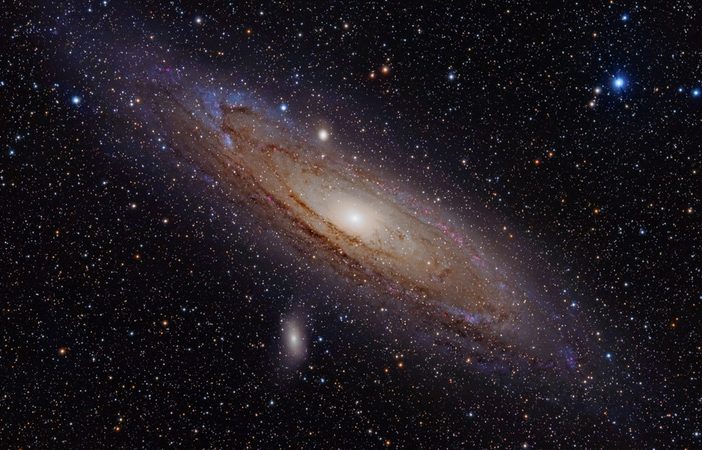
With Google’s upcoming event just days away, juicy tidbits from the rumor mill have resurrected last year’s news that Android and Chrome OS are merging. And as the Wall Street Journal predicted, the “Andromeda” project will be ready for prime time by Q3 2017, with a preview airing this year, likely on October 4. in 2009, with co-founder Sergey Brin suggesting that the two operating systems will “converge over time”. On October 4, if Google announces what seems inevitable, it will mean two things:
1. The world will finally have a strong competitor to challenge the Windows/Mac OS duopoly.
2. This will be an admission of Chrome OS failure.
Chrome OS started as an ambitious project, which assumed that nothing more than a web browser was needed on a computer. It was designed to provide seamless updates, built-in virus prevention, and extreme ease of use.
Now, five years after trying to chase the dream of a browser-only computer, doing everything on the web isn’t as scary as it was when the first Chromebooks came out, thanks to a fast, ubiquitous Internet and mature web services. . So it’s somewhat ironic that Chrome OS, piece by piece, has shown signs of defeat over the past five years, suggesting that we may never be able to have cloud-only computers.
It all started with the introduction of an offline file manager and music player right after the commercial release of Chrome OS in 2011. A desktop, window manager and conventional taskbar were added a year later. The complicated “Cloud Printing” system is also apparently fixed by an experimental feature that enables traditional USB printing. Google has also started to scale back the concept of Chrome apps on platforms other than Chrome OS.
But the big blow to Chrome OS ideology came at Google I/O in 2014, when Chrome OS was shown running some Android apps for the first time. In this year’s Google I/O, this feature was cemented with the ability to install any Android app on select Chromebooks, thanks to a different approach.
It has been suggested that the Andromeda project is more about bringing Chrome OS functionality to Android, rather than the other way around. Hiroshi Lockheimer, senior vice president of Android and Chrome OS, explained on his blog that “there are no plans to phase out Chrome OS.” But that makes us wonder why the need for two computer operating systems? And what will be the difference between the two anyway?
You could argue that Chrome OS computers may continue to be the low-cost, easy-to-maintain devices that are consistently seen as being widely adopted in schools across the United States — a 2015 report suggests half of them are Chromebooks – although this is a small piece of the overall PC market. And since none of the expensive Chromebooks (like Google’s Chromebook Pixel) have ever been commercially successful, it might make sense to distinguish between these two segments – with Andromeda supporting the high-end computing that’s currently dominated by Windows and Macintosh computers.
But if you ask us, the writing is on the wall for Chrome OS. If Google hadn’t tried to impose its view of the web browser world on us for the past five years, the PC industry would have been a three-horse race instead of Chrome OS accounting for just 0.35% of all computers in this world.
You may say “better late than never”, but Q3 2017 is a painfully long wait for this rumored Andromeda device, as Apple with each passing year makes its iOS/mac OS integration even tighter. With the search giant sending the message loud and clear that its Pixel phones are going to be #MadeByGoogle, and the hiring of Rick Osterloh to head its hardware division, we could finally see the day when Google can provide similar consistency with their computer products like Apple does. We sincerely hope so: the PC industry is in desperate need of an overhaul.
Tech




